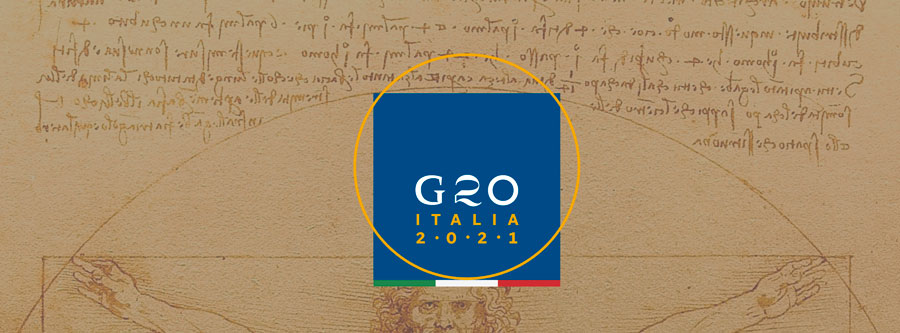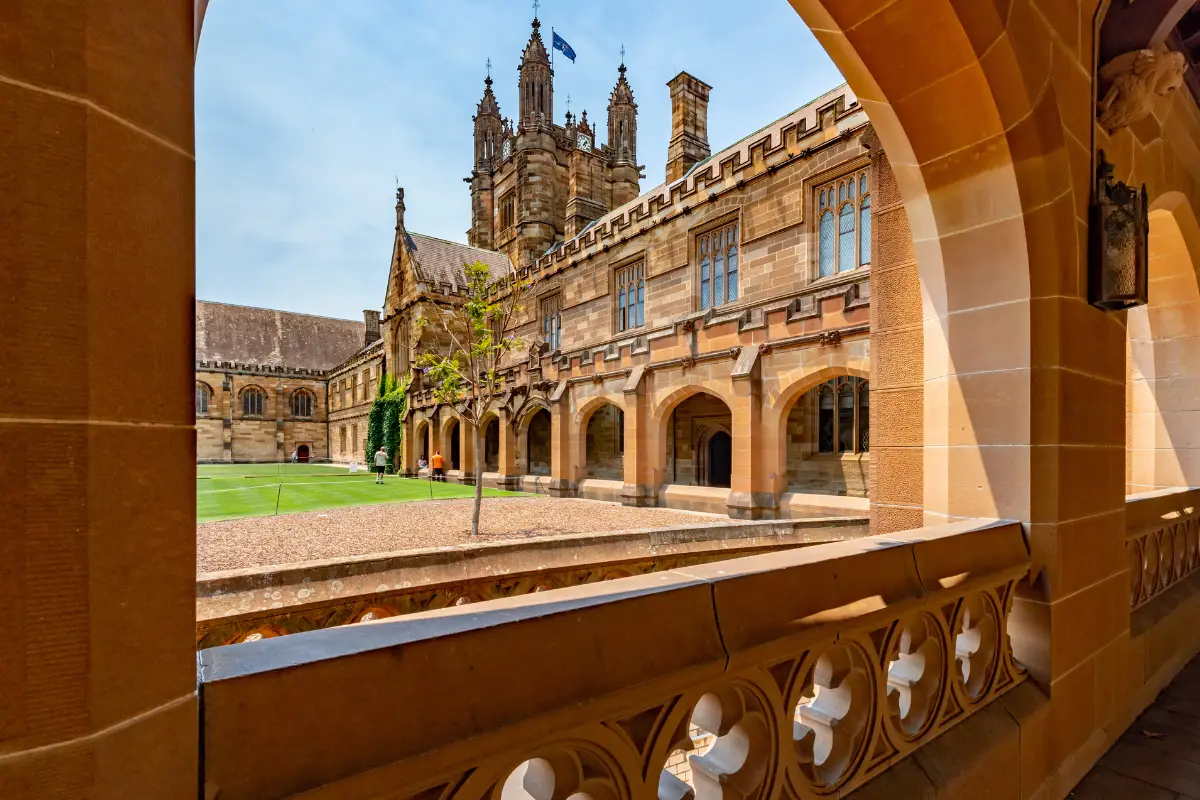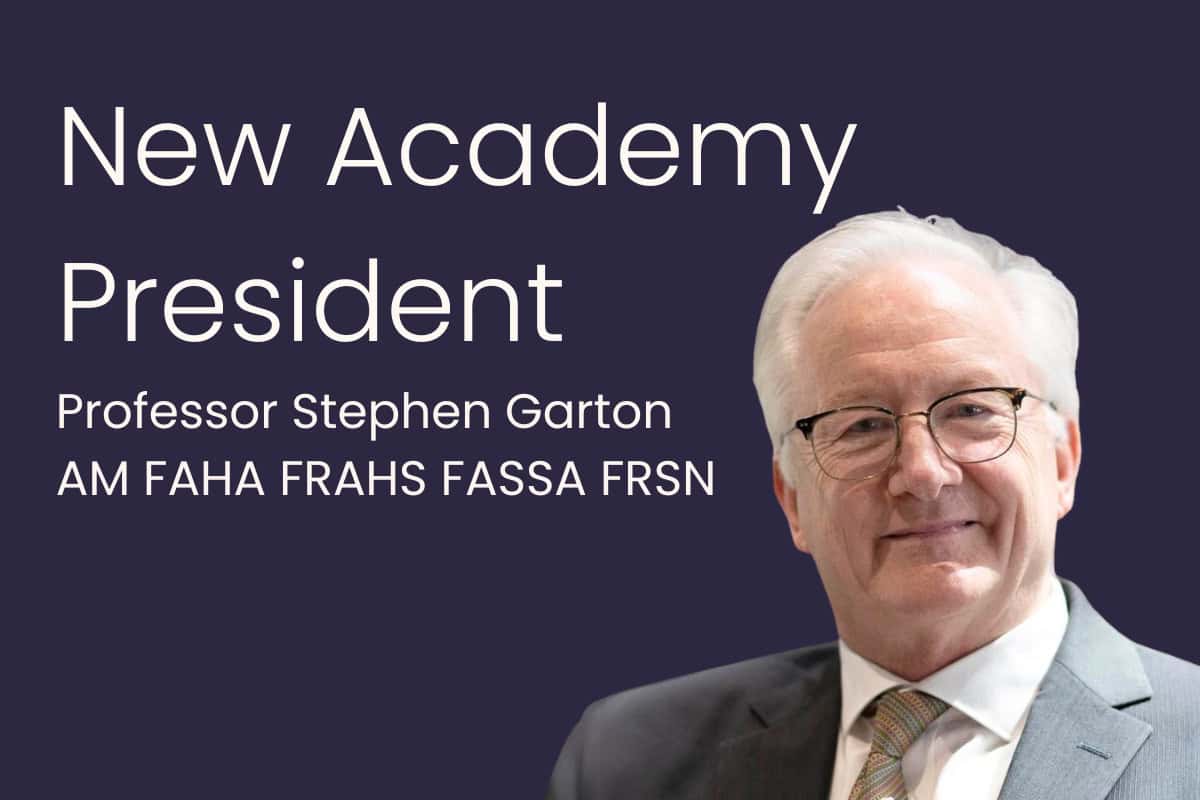
The SSH20 Joint Statement will be presented in Rome in September this year, when Italy will host the inaugural combined global forum of humanities and the social science academies, as a forerunner to the G20 World Leaders’ Summit, which commences on 30 October 2021.
The Joint Statement Crises: economy, society, law and culture. Towards a less vulnerable humankind resulted from extensive consultation over 12 months, and references the increased interdependence between countries, cultures, and economies. The Statement affirms a commitment to the rights of Indigenous peoples. It addresses inequality, the digital divide, and misinformation.
The G20 Science Academies have issued joint S20 statements at past summits. This first Joint SSH20 Statement signals the need for multidisciplinary approaches which bring together the best of the humanities and sciences, recognising that science cannot go it alone in tackling the pressing issues of our time.
AAH President Professor Lesley Head described the unprecedented uniting of humanities and social science academies representing G20 countries, including the UK, Canada, China, Russia, the USA, South Africa, India and Brazil, as ‘a potential game-changer in international collaboration and the sharing of ideas and expertise to help solve many of the world’s biggest challenges.’
‘The current COVID-19 pandemic, and systemic crises such as climate change, reveal deep-seated structural fragilities and criticalities in the material and cultural spheres of world societies,’ the statement says.
‘However, crises entail opportunities if they induce awareness of the challenges confronting humankind as a whole and stimulate the transformations needed to achieve less vulnerable societies.’ The Joint Statement highlights the ‘role of coordination between local, national, and international actors to increase resilience at a global scale.’
The Joint Statement calls for more, not less, international collaboration while ‘the impact of the COVID-19 pandemic has shown that worldwide interdependence by itself does not guarantee resilience.
‘No single country, however large and powerful, can effectively implement solutions to global crises, such as the COVID-19 pandemic, future pandemic outbreaks, climate change disruptions and widespread food shortages. The G20 states have a major responsibility to lead a response to systemic challenges that urgently require measures reducing vulnerability and increasing resilience at the world scale,’ the statement added.
AAH President Professor Head said the Joint Statement strongly aligns with the Academy’s 2020-2025 priorities which include greater cooperation with all of Australia’s Learned Academies to address our greatest present-day and future challenges.



